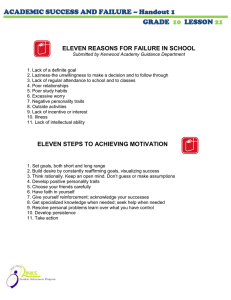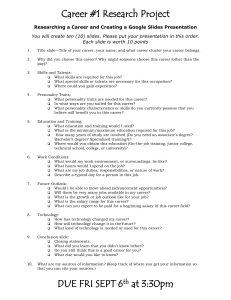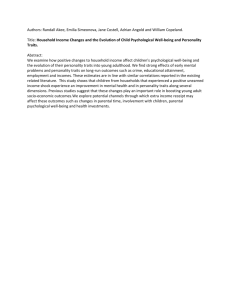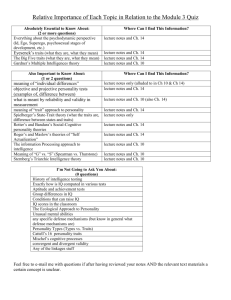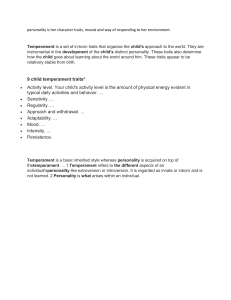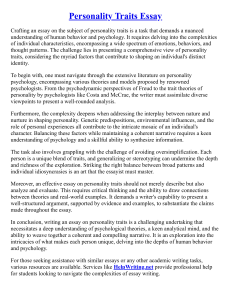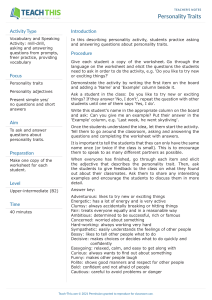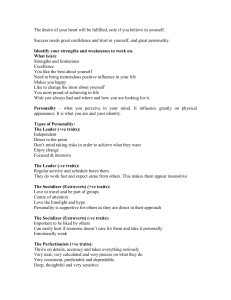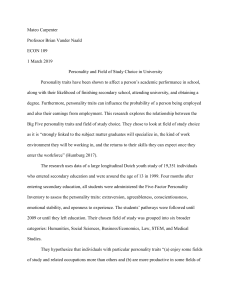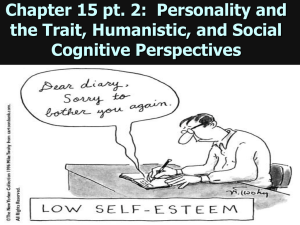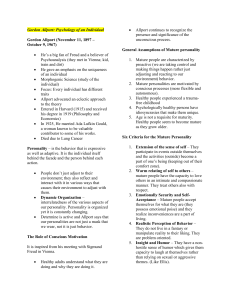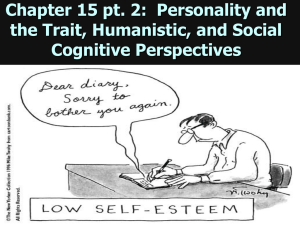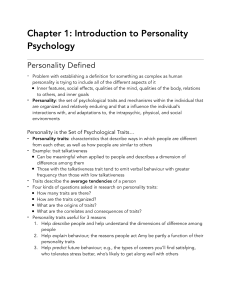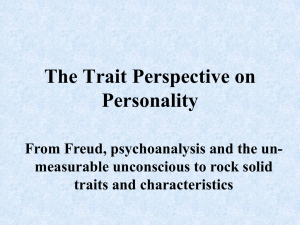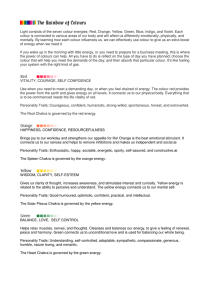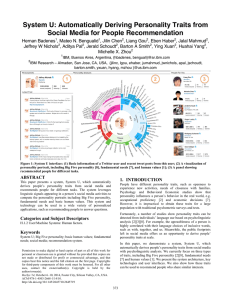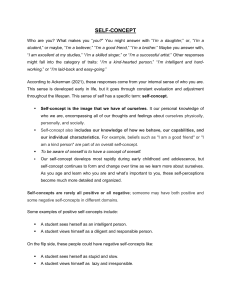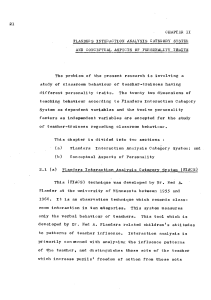Character study ( The Tempest ) handout (MS-Word)
advertisement
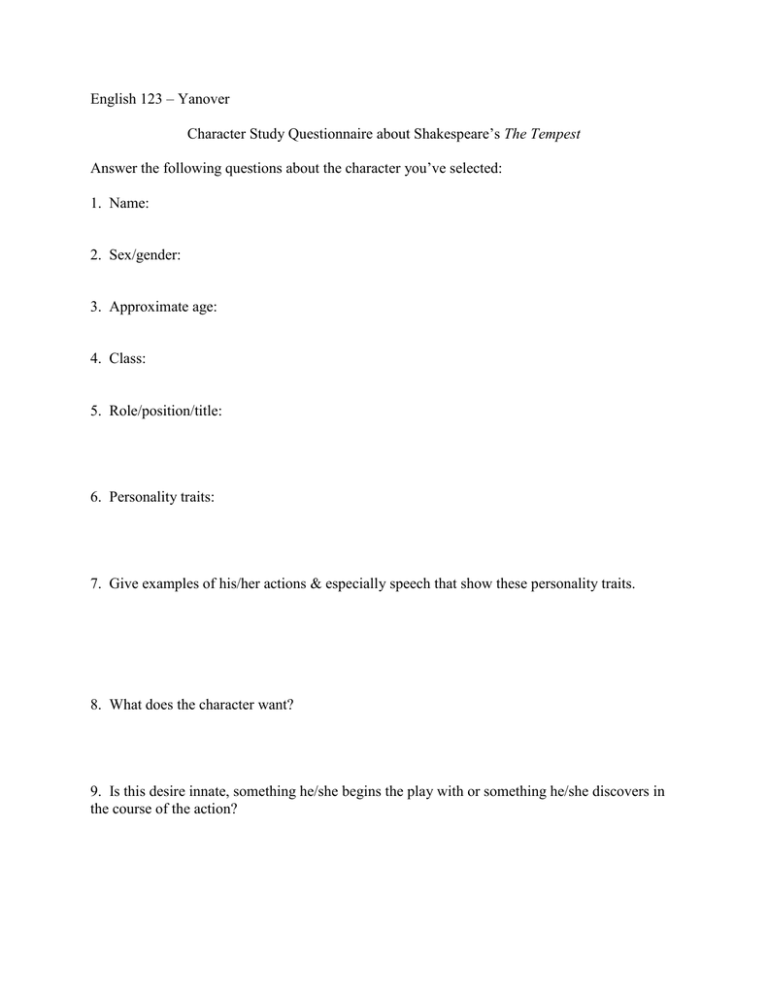
English 123 – Yanover Character Study Questionnaire about Shakespeare’s The Tempest Answer the following questions about the character you’ve selected: 1. Name: 2. Sex/gender: 3. Approximate age: 4. Class: 5. Role/position/title: 6. Personality traits: 7. Give examples of his/her actions & especially speech that show these personality traits. 8. What does the character want? 9. Is this desire innate, something he/she begins the play with or something he/she discovers in the course of the action? 10. How does the character go about getting what he/she wants? 11. What character or characters does he/she depend upon in order to get what he/she wants? 12. Who has the power in this relationship? How do you know? 13. Look at one typical interaction between these two characters and analyze your character’s speech to see how he/she presents herself in relation to the other person. 14. If the character has power, how does he/she demonstrate it? What does he/she expect from the other person? If he/she is subject to the other’s power, how does he/she respond to that person’s power/authority? To what extent and how does the character show he/she accepts the other person’s authority? To what extent and how does he/she resist it? 15. What do this character’s personality traits, desires, and typical interactions suggest about the following (discuss all that apply to your character): A) what men are like and what is expected of men in this society? B) what women are like and what is expected of women in this society? C) what the upper class are like and what is expected of the upper class in this society? D) what lower, working class, and servants are like and what is expected of them in this society? E) what it means to be an outsider (colonized) in this society? F) what it means to be an insider (colonizer) and what allows people to claim that status in this society? G) what gives people power & what it means to have power in this society? H) what it means to be subject to other’s power/authority in this society? I) other social values, concerns, etc.? 16. Do you sympathize with this character? Why or why not? Is the audience meant to sympathize with him or her? How do you know? That is, how and why does the text manipulate the audience’s feelings regarding this character?

